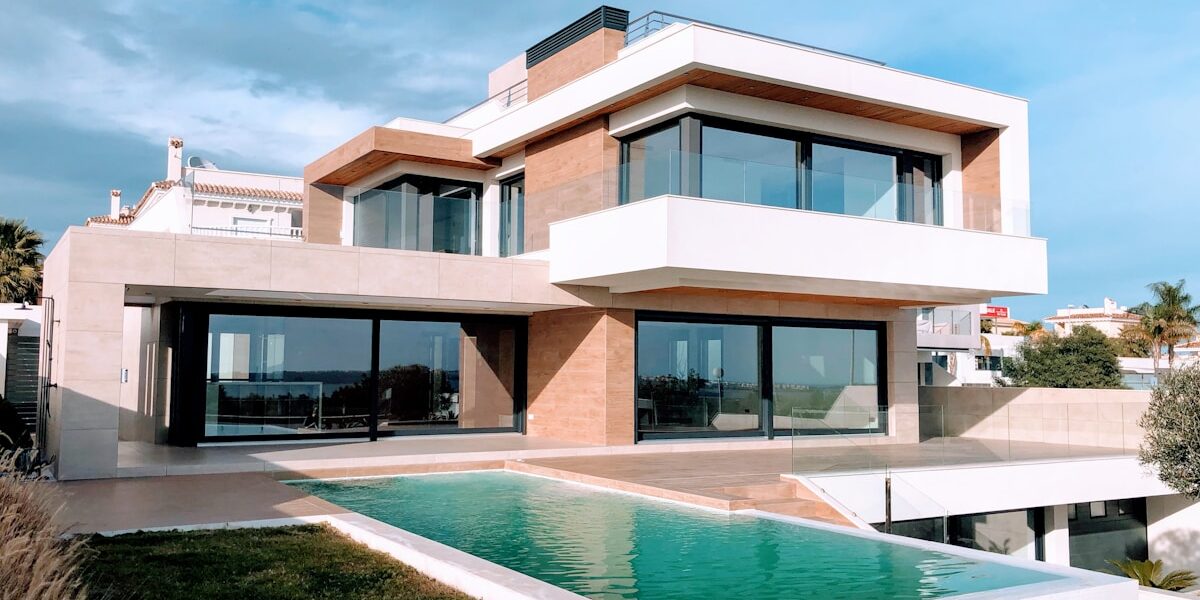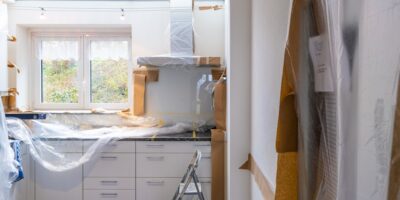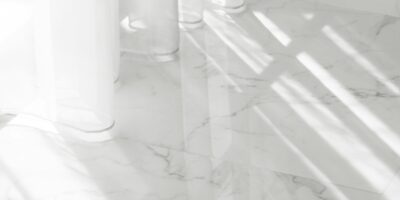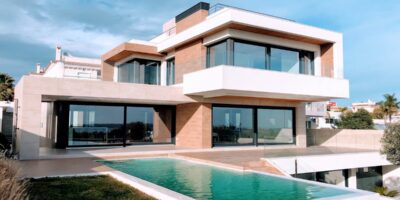Home Renovation Insights
Home renovation planning has gotten complicated with all the contractor options, permit requirements, and design decisions flying around. As someone who has helped homeowners navigate countless projects, I learned everything there is to know about successful renovations. Today, I will share it all with you.
Key Considerations
Probably should have led with this section, honestly—successful renovations require thorough planning before work begins.
Planning Steps
- Define project scope clearly
- Set realistic budget with contingency
- Research contractor qualifications
- Understand permit requirements
Contractor Selection
- Get multiple bids
- Check references and past work
- Verify licensing and insurance
- Review contract terms carefully
Project Management
- Communicate regularly with contractor
- Document progress with photos
- Address issues promptly
- Conduct final walkthrough before final payment



